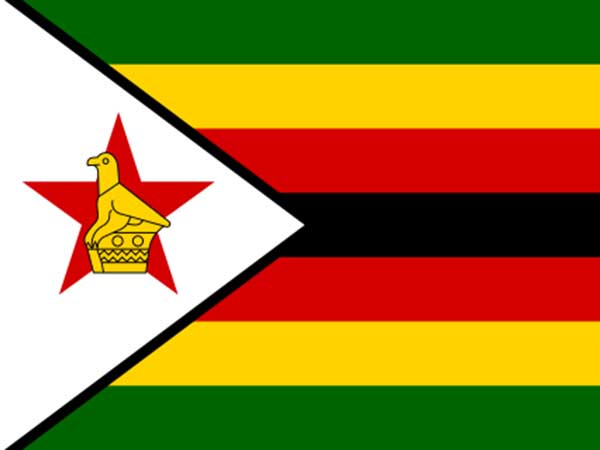
Zimbabwean industries engage government over crippling power shortages
Dec 01, 2022
Harare (Zimbabwe), December 1: Zimbabwean industries have approached the government with a view to finding solutions to the prevailing power shortages which are threatening to cripple their operations and stifle the country's economic growth.
The country is experiencing serious power outages which have left both industry and commerce and domestic consumers in the dark for long hours, with power only guaranteed to strategic establishments.
Apart from frequent breakdowns at the Hwange Thermal Power Station, the Kariba South Power Station, which has been producing the bulk of electricity, has been ordered to stop operating by the Zambezi River Authority (ZRA) because the water level in Lake Kariba has gone dangerously low.
ZRA is a bi-national agency jointly owned by the governments of Zimbabwe and Zambia and manages the waters of the Zambezi River, which divides the two countries with Zimbabwe lying to the south.
Confederation of Zimbabwe Industries (CZI) President Kurai Matsheza told the country's official news agency New Ziana that the local industry had been caught "flat-footed" following the shutting down of the Kariba South Power Station but remained optimistic that a solution would be found. "It is a situation we are engaging the authorities on, just to find a common way of coming out of this situation, but unfortunately there are no quick answers, so we just have to keep negotiating."
"We also encourage the government to speed up whatever accommodation we can have with the Zambian authorities, for example, to be allowed to use their portion of the water in the Zambezi to continue running on our side or alternatively they can sell to us the electricity they would have generated," Matsheza said.
The order to shut down the power station was also made following the Zimbabwe Power Company exhausting its water allocation for power generation, while significant water inflows into Lake Kariba are not expected until next year.
Zambia's ZESCO Limited, which is still operating within its allocation, has however been allowed to continue generating power at its north bank power station.
Matsheza said while the government was pursuing other means to ensure the country was energy sufficient, local industry was also being encouraged to secure alternative power. He said this could be done through, for example, investing in solar energy.
The Cabinet on Tuesday deliberated on the power challenges and promised the nation that solutions to the problem would be announced soon. Available options include importing more power from neighboring countries such as Zambia and Mozambique.
Zimbabwe will add more power into the national grid around year-end when the first of two units installed by Chinese company Sinohydro starts producing 300 MW, while the second one is due for commissioning early 2023.
But with Kariba down until at least January 2023 when the position will be reviewed depending on water inflows into the lake, all sectors of the economy will have to grapple with the power shortages.
Source: Xinhua









